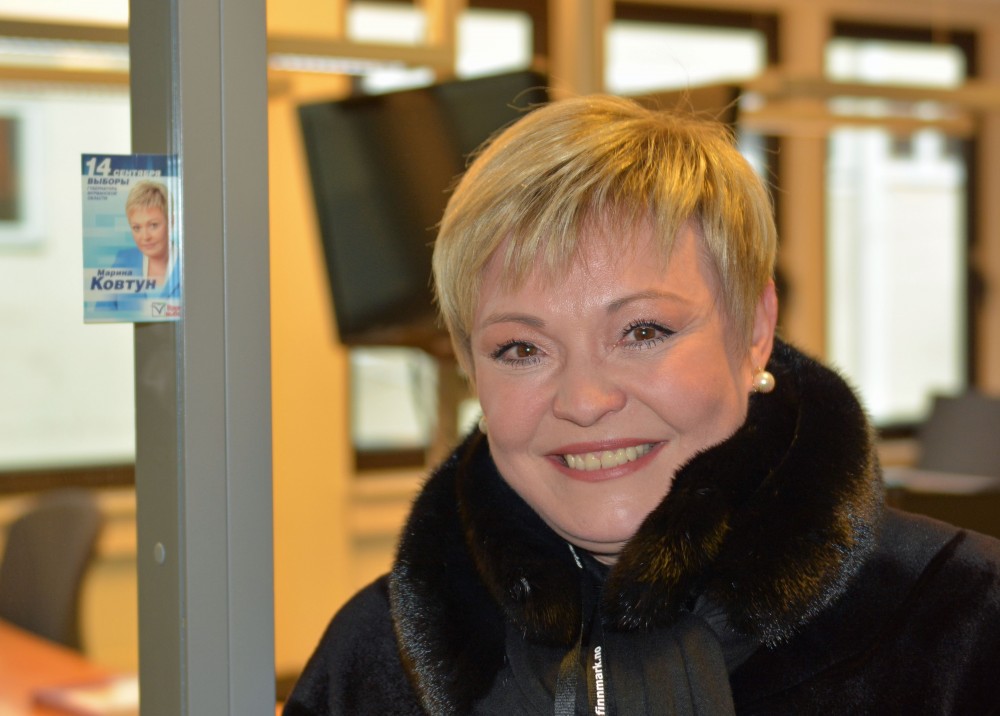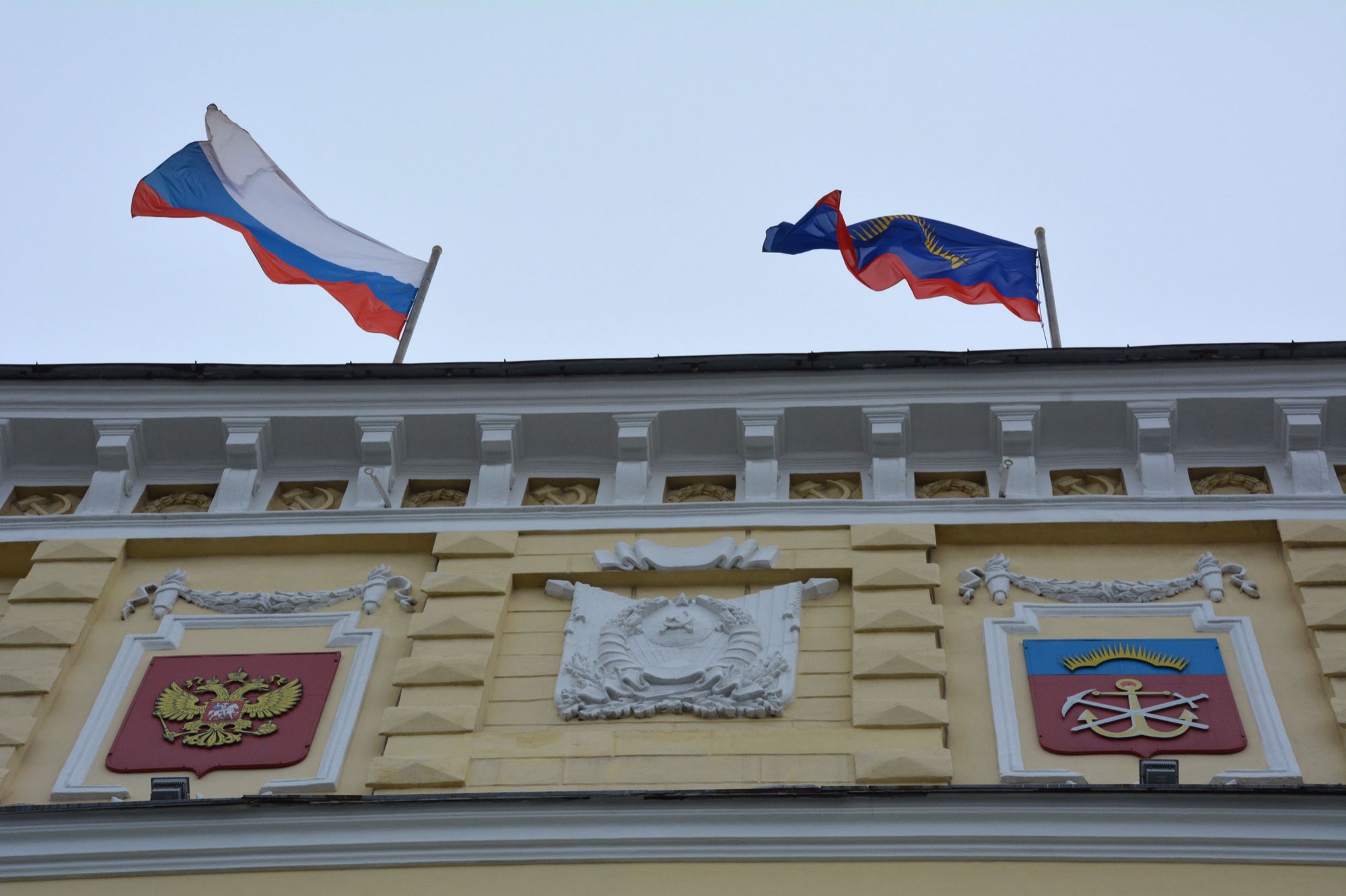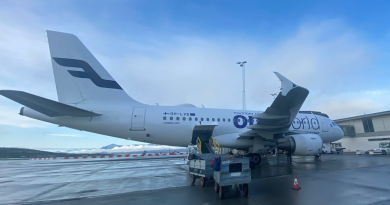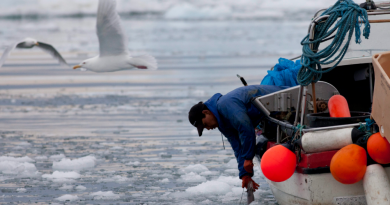Murmansk Governor Marina Kovtun loses ground in international affairs

The Murmansk legislative assembly, the regional Duma, on March 12th, adopted a revision of the regional Charter, which ultimately might lead to a weaker position for Murmansk Governor Marina Kovtun in international relations.
As noted by Bloger51, the amendments include the removal of a sentence which until now has laid down the governor’s right to represent the region in relations with foreign countries.
Until now, the Charter has stated that the regional governor «represents Murmansk Oblast in relations with corresponding authorities and officials of foreign states […]».
The new and amended Charter only includes a mentioning of the governor’s right to engage in «foreign economic connections».
In a short note, the Murmansk regional Duma explains that the amendments are made in order to streamline the regional Charter with federal laws.
Less contact with foreign countries
Marina Kovtun might ultimately now have to reduce her political-level contacts with representatives of foreign countries, among them neighbouring Norway and Finland. Murmansk Oblast has for the last 30 years been an active participant in international relations, including as part of the Barents Cooperation. Although relations with foreign countries is a strict prerogative of the federal Ministry of Affairs, border regions like Murmansk have still been given opportunity for political contacts with the neighboring states.
However, the amendments in the regional Charter might not necessarily restrict the regional governor’s position in so-called cross-border cooperation, a kind of interaction which is not defined as regular international affairs.
Just three days after the adoption the revised Charter did federal Deputy Minister of Economic Development Dmitry Pristanskov visit the Arctic region to take part in a meeting in the Russian-Norwegian Working Group on Cross-Border Cooperation.

Pristanovsky chairs the bilateral joint working group and during the meeting presented a range of measures aimed at strengthening cross-border relations with the Norwegians, the Murmansk regional government informs.
According to the deputy minister, a plan aimed at intensifying Russian-Norwegian cross-border cooperation in the period 2018-2022 will be signed by the parts. It includes enhanced focus on 20 priorities, including transportation, logistics and rescue operations.
In a comment, Murmansk Governor Kovtun underlines that the new 5-year plan on cross-border cooperation «must be seen as a road-map for further development of cooperation with our neighbours in northern Europe.»
«This year, we celebrate the 30th years anniversary of the agreement which marked the start of friendship relations between Murmansk Oblast and the Norwegian counties of Finnmark and Troms [and] I do not doubt that the results of the working group will help develop and strengthen our friendship and partner relations with the neighbours for the benefit of all Russia», Kovtun said.
Related stories from around the North:
Canada: Arctic nations to sign ‘historic’ coast guard agreement, Radio Canada International
Greenland: What the EU seal ban has meant for Inuit communities in the Arctic, Eye on the Arctic
Finland: Could we eventually see an Arctic Free Trade Zone?, The Independent Barents Observer
Norway: Norway says Russia’s mock attack on Arctic radar troubles stability in the North, The Independent Barents Observer
Russia: What does Putin’s re-election mean for Russia’s Arctic policy?, Radio-Canada International
United States: Tweets aside, Senator Sullivan says Trump good for Alaska, Alaska Public Media



